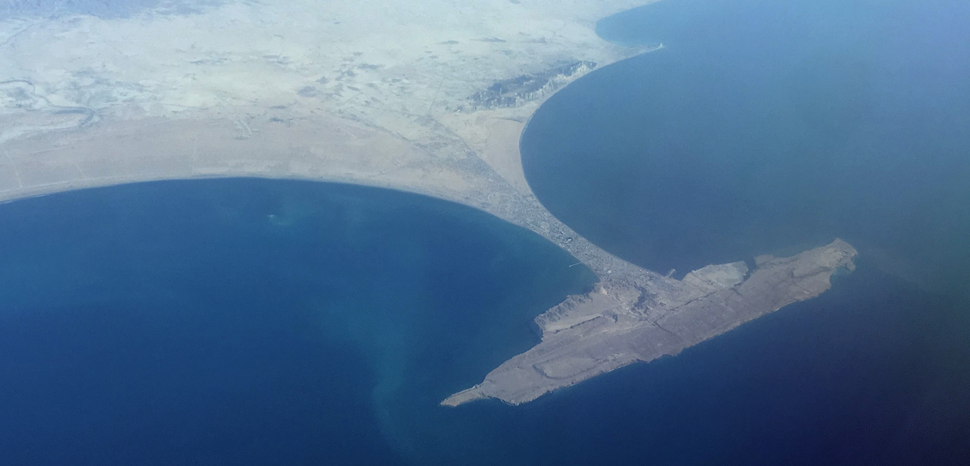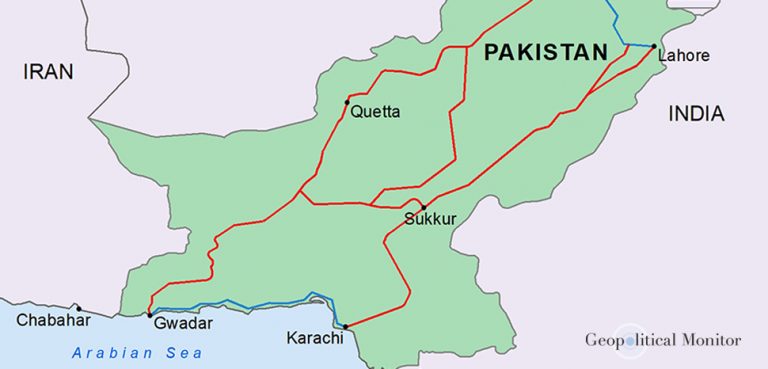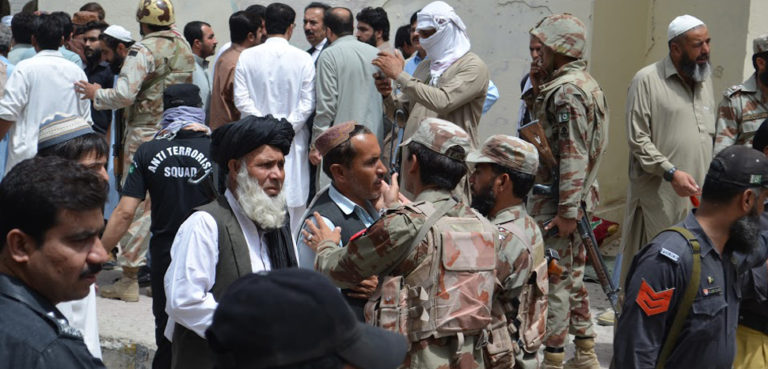Summary
A weekend assault on the luxury Pearl Continental hotel in Gwadar has left at least eight people dead, including three gunman, four hotel workers, and a Pakistani soldier.
The attack was perpetrated by the Balochistan Liberation Army (BLA), a separatist group that has been branded a terrorist organization by Pakistan along with the United States and the European Union.
In its claim of responsibility, the BLA declared that it’s targeting “Chinese and other foreign investors,” underscoring the ongoing threat to infrastructure projects in the Baloch heartland, particularly those belonging to China’s Belt and Road Initiative (BRI).
Impact
The BLA has long been a thorn in the side of the Pakistani security establishment. Active since 2004, the militant group is the ideological successor of three Baloch nationalist insurgencies since the founding the Pakistani state in 1948. Over this span, relations between Balochistan and the central authorities have been hijacked by several sources of friction. Some are cultural owing to the Baloch people’s unique ethnic, religious, and linguistic background. Much of Baloch culture grew out of Persia, and in some ways the Balochs share more in common with their counterparts on the Iranian side of the border than they do with their fellow citizens in the Pakistani mainstream. (Incidentally, the Baloch regions of Iran are also woefully underdeveloped). Other tensions are socioeconomic and stem from the region’s longstanding economic marginalization compared to other areas of Pakistan, namely the Sindhi south and Punjabi north.
The Saturday attack continues the recent trend of the BLA shifting its focus from military hard targets like the army, intelligence services, and police forces, to instead focus on softer targets like foreign investors, namely the Chinese who are pouring money into the region under the banner of Belt and Road. The recent operation comes after a similar one in November of last year where BLA gunmen were repelled attempting to storm the Chinese consulate in Karachi.
These attacks are meant to tap into the belief held by some young, middle-class Balochs that foreign investment won’t provide any significant benefits to local populations. It’s an opinion born of a long history of development failures in the region. Balochistan is a huge territory that’s rich in mineral resources, but its people still lag far behind other areas of Pakistan. Culpability for these failures ultimately lies with Islamabad and its decades of policy missteps and heavy-handedness toward any hint of Baloch nationalism. However, now Beijing has to concern itself with them since Balochistan is an essential cog in its regional vision under Belt and Road. Gwadar – the port that forms the lynchpin of CPEC’s new trade route system originating from China’s northwest – is located in Balochistan and it was no accident that the city was targeted in this latest attack.
The BLA’s new tactics don’t bode well for the CPEC corridor.
For one, the attacks make an already hazardous market even more risky for potential foreign investors, to the detriment of both Islamabad (which wants to avoid overreliance on China) and Beijing (which wants to spread the burden of shouldering the wider project of developing and stabilizing Pakistan’s tribal areas). Investors weren’t lining up to dive into Balochistan before China came calling. CPEC dove in because it was tied to a wider geopolitical vision of future trade flows and exporting Chinese overcapacity, and even with this overarching logic CPEC has frequently extracted a risk premium in the form of high interest rates on Chinese finance.
The weekend attack also proves that these security issues can’t be swept away by force of arms alone. There are anywhere between 10 and 15 thousand guards and troops currently deployed to protect CPEC construction projects, and the Pearl Continental is located well within the Gwadar security cordon and accessible only after passing through a number of checks.
This is precisely the message that the BLA wants to convey: if they can strike there, they can strike anywhere. And unless new steps are taken to bring the Balochs into the CPEC process and address some of the longstanding issues driving Baloch nationalism, more attacks can be expected in the near future.




